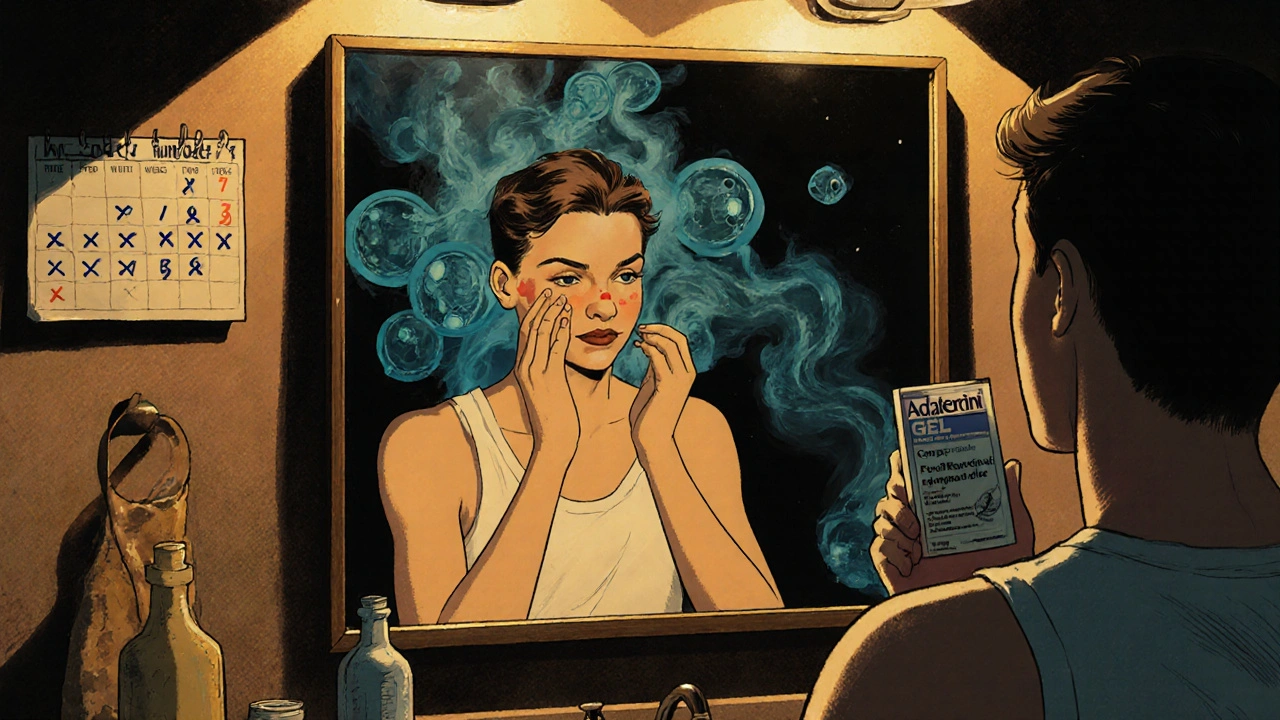Acne Alternatives: Natural, Over-the-Counter, and Prescription Options That Work
When it comes to acne alternatives, treatments that bypass traditional antibiotics or retinoids to target breakouts with gentler, science-backed methods. Also known as non-prescription acne solutions, these options include everything from topical plant extracts to dietary adjustments and hormonal balancing techniques. Many people try standard treatments like benzoyl peroxide or isotretinoin first, but side effects—dryness, irritation, or mood changes—push them to look for something different. That’s where acne alternatives come in: they’re not just backups, they’re often smarter first steps for mild to moderate cases.
Some of the most effective natural acne treatments, plant-based or supplement-driven approaches that reduce inflammation and bacterial growth without harsh chemicals include tea tree oil, zinc supplements, and niacinamide. A 2020 study in the Journal of Clinical and Aesthetic Dermatology found that 5% tea tree oil worked nearly as well as 5% benzoyl peroxide, but with far less skin irritation. Then there’s topical acne remedies, over-the-counter products applied directly to the skin to unclog pores and calm redness like sulfur masks, alpha hydroxy acids, and even adapalene gel—which is now available without a prescription in many places. These don’t require a doctor’s visit, but they do require consistency. You won’t see results overnight, but if you stick with them for six to eight weeks, many users report clearer skin.
For those dealing with hormonal acne—breakouts along the jawline or chin—oral acne meds, systemic treatments taken by mouth to regulate internal triggers like androgen levels or inflammation might be the missing piece. Spironolactone, low-dose birth control, and even off-label LDN (Low Dose Naltrexone) have shown promise in clinical reports. These aren’t quick fixes, but they target the root cause, not just the surface. Unlike antibiotics that kill bacteria but disrupt your gut, these options work with your body’s chemistry. And if you’re wondering whether supplements like vitamin A, omega-3s, or probiotics help, the answer is yes—for some people, especially when combined with diet changes like cutting back on dairy or sugar.
What you’ll find in the posts below isn’t a list of miracle cures. It’s a real-world guide to what actually works, based on comparisons people have tested. You’ll see how LDN stacks up against traditional acne drugs, how topical treatments like sulfur compare to retinoids, and why some OTC options outperform expensive creams. There’s no fluff here—just clear, side-by-side breakdowns of what helps, what doesn’t, and what to watch out for. Whether you’re tired of burning skin, frustrated with recurring breakouts, or just want to avoid prescription side effects, these posts give you the facts you need to make a smart choice.

